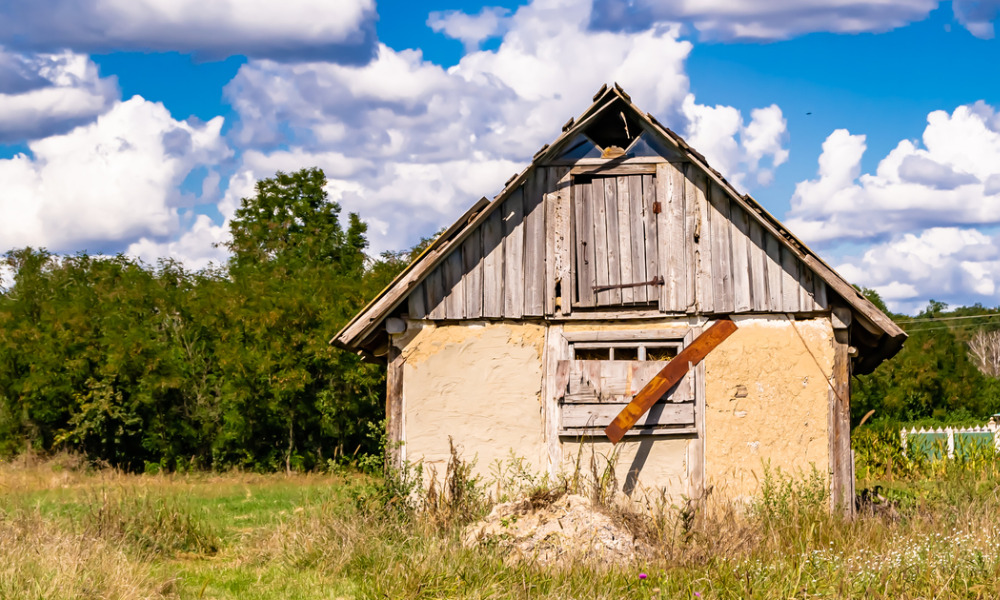Indigenous advocacy organization highlights disparity between various groups

Surrey, British Columbia has an Indigenous homeless rate of one in 26 people, significantly higher than the region’s rate of one in 239 for non-Indigenous residents, according to a new report by the Surrey Urban Indigenous Leadership Committee.
“Research shows that Indigenous peoples are disproportionally affected by homelessness within urban settings, with some studies estimating that one in 15 urban Indigenous individuals experience homelessness on a given night compared to 1 in 128 of the general population,” SUILC said.
The study highlighted a cultural conception of “homelessness” that is not readily apparent in official reports.
“Unlike the common colonialist definition of homelessness, Indigenous homelessness is not defined as lacking a structure of habitation; rather, it is more fully described and understood through a composite lens of Indigenous worldviews,” SUILC said.
“These include individuals, families, and communities isolated from their relationships to land, water, place, family, kin, each other, animals, cultures, languages, and identities. Importantly, Indigenous people experiencing these kinds of homelessness cannot culturally, spiritually, emotionally, or physically reconnect with their Indigeneity or lost relationships.”
This systemic issue feeds into a vicious cycle that sees Indigenous individuals suffer a greater likelihood of chronic homelessness, SUILC warned.
“Indigenous people have lower educational and labour market outcomes than non-Indigenous people which contributes to the physical or monetary aspect of homelessness,” the study noted. “These outcomes become self-reinforcing and lower the capacity of Indigenous people to pursue more educational and labour opportunities. With rising housing costs and prevalent discrimination, Indigenous people are more vulnerable to be in core housing need, be at risk, of or experience homelessness.”



